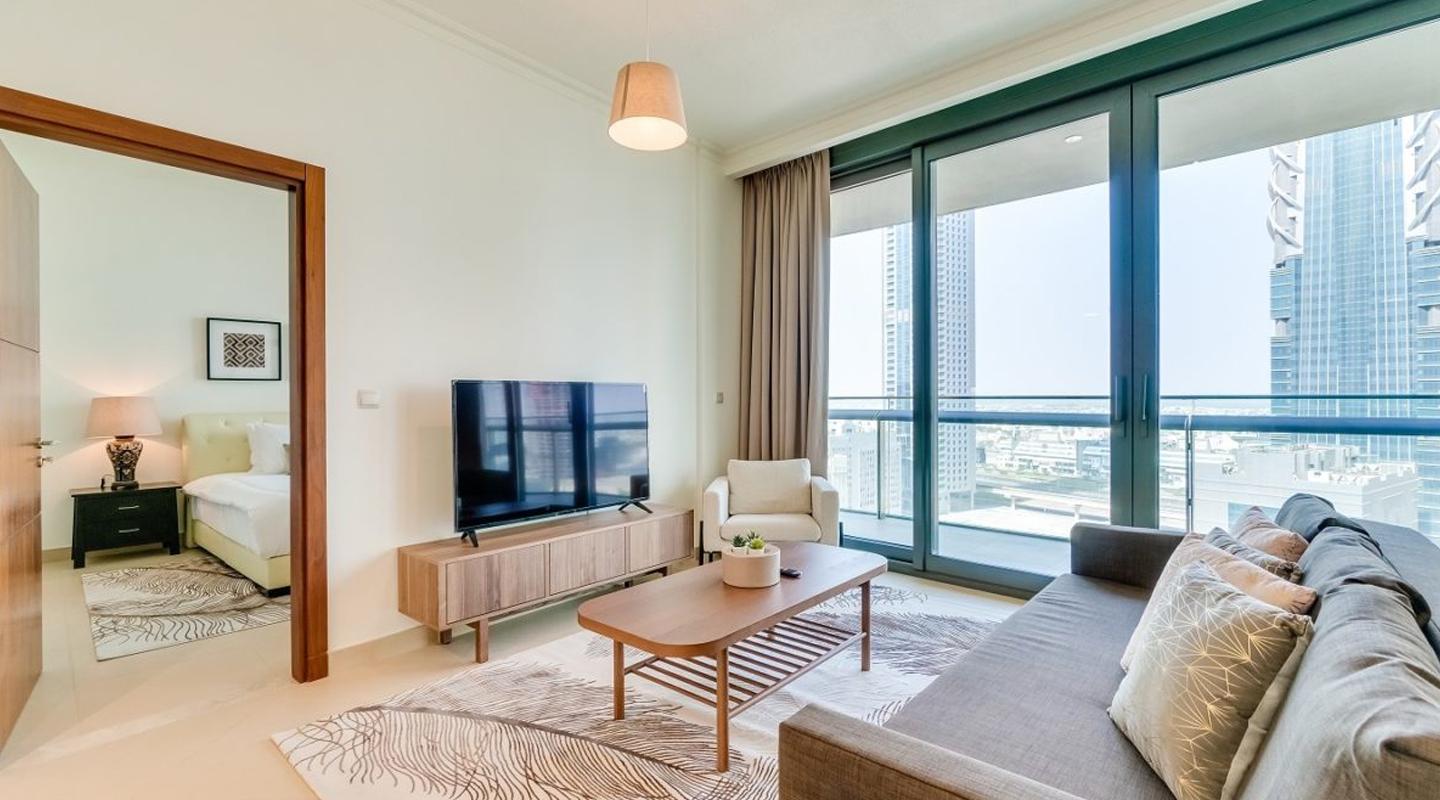Property owners in Dubai who rent out their properties, or plan to do so, must now provide information about any changes or improvements made to the apartment when signing a new Ejari contract. This requirement is part of a new policy introduced by the Dubai Land Department (DLD) and is directly linked to the implementation of a "smart" rental index, which took effect at the beginning of this year.
Unlike the previous system, in which the rental rate was determined by the area's average values, pricing now depends on the building's individual "star rating," which includes parameters such as the condition of common areas, amenities, and the level of service and maintenance.
How does the new rental system work?
All properties that are not freehold are subject to the updated procedure. Before signing or renewing a lease, landlords must check and update the property details, especially those concerning the property's intended use.
If the information about the modifications matches the Dubai Municipality's data, the system will automatically confirm the changes and authorize the creation or renewal of the lease agreement through Ejari. Updates should be made while the property is vacant to avoid legal and administrative delays.

Why is this important for landlords?
The introduction of the rating system is prompting many owners to update their apartments and buildings. If a building does not meet modern requirements, its rating will be lower. This means that the rent must be reduced to remain competitive in the market.
In the past, tenants often used low star ratings to negotiate discounts. If a case reached the Rental Dispute Resolution Center, the owner was often asked to lower the rent.
According to the updated requirements, landlords must now document improvements, including major repairs, installation of new systems, and infrastructure upgrades. This makes it possible to differentiate between renovated apartments and those that have not been renovated, thus enabling landlords to set fair prices.
There are opportunities for older properties
According to market participants, the new system gives landlords, especially those with older buildings, the opportunity to increase rents through improvements. Investing in renovations and modernizations is now a strategic step that allows landlords to legally secure a higher market rate for their properties, not just a way to increase comfort. On the other hand, tenants now receive more transparent information about what they are paying for and can independently assess whether the asking price is justified.
